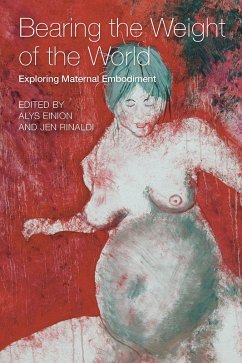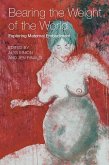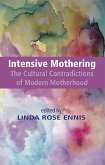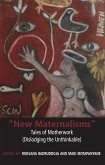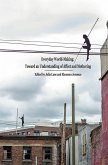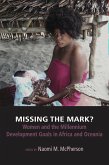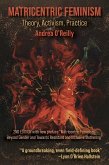The maternal body is a site of contested dynamics of power, identity, experience, autonomy, occupation, and control. Representations of the maternal body can mis/represent the childbearing and mothering form variously, often as monstrous, idealized, limited, scrutinized, or occupied, whilst dominant discourses limit motherhood through social devaluation. The maternal body has long been a hypervisible artifact: at once bracketed out in the interest of elevating the contributions of sperm-carriers or fetal status; and regarded with hostility and suspicion as out of control. Such arguments are deployed to justify surveillance mechanisms, medical scrutiny, and expectation of self-discipline. This volume helps to develop a more critical understanding of what it means to be an embodied mother. The materiality of maternity and its centrality to family and social life remains too often viewed as a 'fringe' subject, the province of feminists, activists, hysterical women. For too long, the maternal body has been subject to 'expert' advice, guidance, censure, and control. Those of us maternal bodies are at risk of being commodified and diminished, having our bodily realities reduced to mechanistic functions and our lived experience disregarded. From art to medical surveillance, from genetics to radioactivity, goddess to breastfeeding, poetry to Indigenous community, dance to body size, the critical eye of the academic and the lived experience of the mother bring into being in this work a body of understanding, of expression, of knowledge and the power and authority of the lived experience, through and about the embodied mother. This critical-creative work encompasses new insights, new research, and redeveloped perspectives which combine the personal with the pervasive and point to new meaning-making in critical motherhood studies via the medium of the maternal body.
Dieser Download kann aus rechtlichen Gründen nur mit Rechnungsadresse in A, B, BG, CY, CZ, D, DK, EW, E, FIN, F, GR, HR, H, IRL, I, LT, L, LR, M, NL, PL, P, R, S, SLO, SK ausgeliefert werden.

